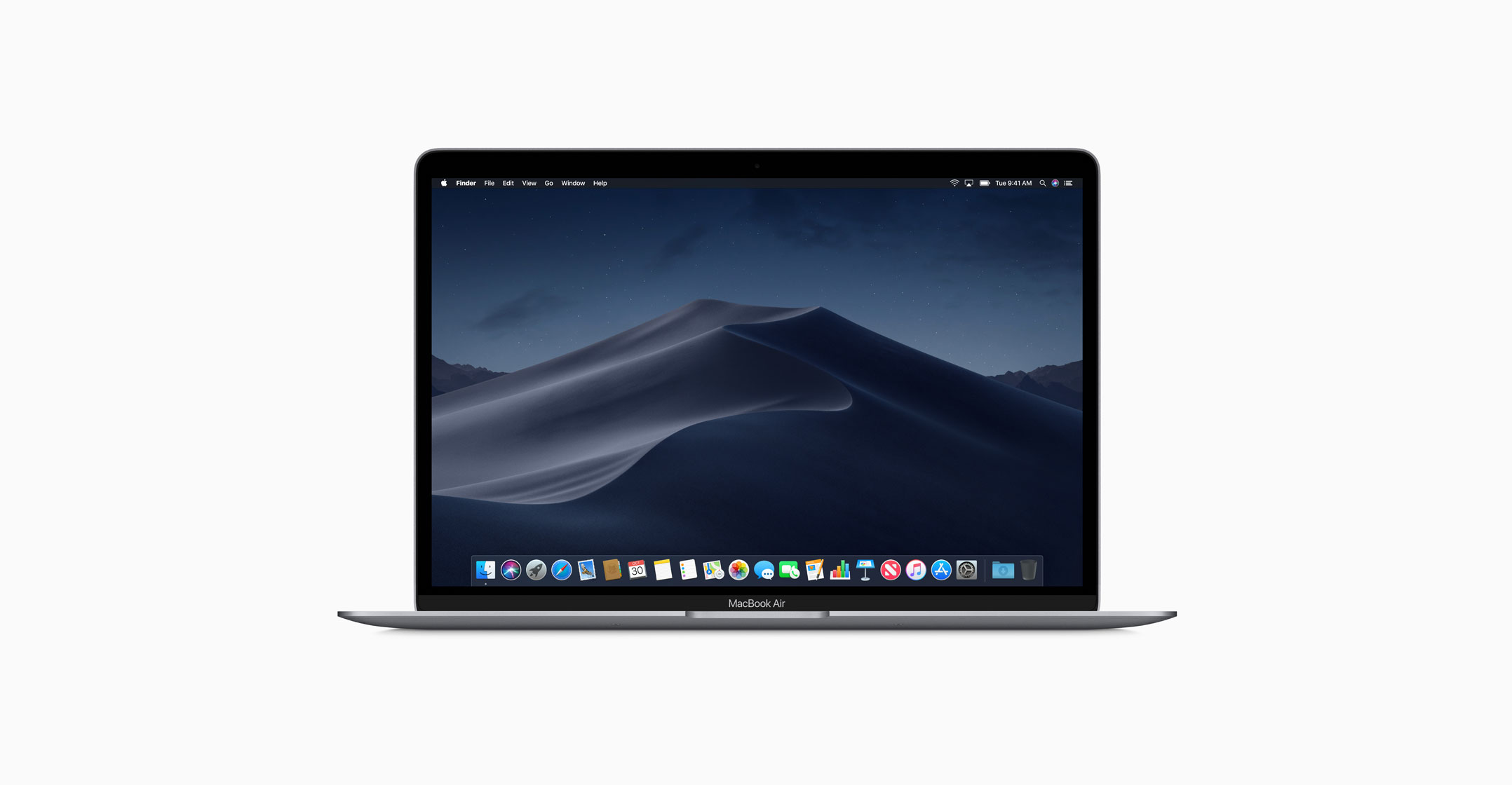 Apple is preparing to announce a shift to its own main processors in Mac computers, replacing chips from Intel, as early as this month at its annual developer conference, according to people familiar with the plans.
Apple is preparing to announce a shift to its own main processors in Mac computers, replacing chips from Intel, as early as this month at its annual developer conference, according to people familiar with the plans.
The company is holding WWDC in the week of 22 June. Unveiling the initiative, code-named Kalamata, at the event would give outside developers time to adjust before new Macs roll out in 2021, the people said. Since the hardware transition is still months away, the timing of the announcement could change, they added, while asking not to be identified discussing private plans.
The new processors will be based on the same technology used in Apple-designed iPhone and iPad chips. However, future Macs will still run the macOS operating system rather than the iOS software on mobile devices from the company.
Apple is using technology licensed from ARM, part of Japanese tech conglomerate SoftBank Group. This architecture is different from the underlying technology in Intel chips, so developers will need time to optimise their software for the new components. Apple and Intel declined to comment.
This will be the first time in the 36-year history of the Mac that Apple-designed processors will power these machines. It has changed chips only two other times. In the early 1990s, Apple switched from Motorola processors to PowerPC. At WWDC in 2005, Steve Jobs announced a move from PowerPC to Intel, and Apple rolled out those first Intel-based Macs in January 2016. Like it did then, the company plans to eventually transition the entire Mac line-up to its ARM-based processors, including the priciest desktop computers, the people said.
Premium products
Apple has about 10% of the PC market, so the change may not cut into Intel sales much. However, Macs are considered premium products. So if the company moves away from Intel for performance reasons it may prompt other PC makers to look at different options, too. Microsoft, Samsung Electronics and Lenovo Group have already debuted laptops that run on ARM-based chips.
Apple’s chip-development group, led by Johny Srouji, decided to make the switch after Intel’s annual chip performance gains slowed. Apple engineers worried that sticking to Intel’s road map would delay or derail some future Macs, according to people familiar with the effort.
Inside Apple, tests of new Macs with the ARM-based chips have shown sizeable improvements over Intel-powered versions, specifically in graphics performance and apps using artificial intelligence, the people said. Apple’s processors are also more power efficient than Intel’s, which may mean thinner and lighter Mac laptops in the future.
 Apple’s move would be a highlight of this year’s WWDC, which will be held online due to the Covid-19 pandemic. Because of the fluid nature of the global health crisis and its impact on Apple’s product development, the timing of the chip announcement could change.
Apple’s move would be a highlight of this year’s WWDC, which will be held online due to the Covid-19 pandemic. Because of the fluid nature of the global health crisis and its impact on Apple’s product development, the timing of the chip announcement could change.
At the conference, Apple is also readying updates to its other operating systems — iOS, iPadOS, tvOS and watchOS — with changes to augmented-reality capabilities, deeper integration with outside apps and services, and improved Apple Watch fitness features. A big priority is improving the performance of its mobile software after last year’s release, iOS 13, suffered from several issues.
The company is working on at least three of its own Mac processors, known as systems-on-a-chip, with the first based on the A14 processor in the next iPhone. In addition to the main central processing unit, there will be a graphics processing unit and a neural engine for handling machine learning, a popular and powerful type of AI, the people said. In the past, Apple has made chips for specific Mac functions, such as security.
Intel has faced more competition as its lead in production technology — a key way to improve semiconductor performance — has slipped. Taiwan Semiconductor Manufacturing Co makes processors for many of Intel’s rivals using a more advanced process.
TSMC will build the new Mac processors using a 5-nanometre production technique — the same approach as for the next iPhones and iPad Pros. Intel rivals Qualcomm and AMD also use TSMC to make their chips.
The Apple chip project has been in the works for several years and is considered one of the company’s most secretive efforts. In 2018, Apple successfully developed a Mac chip based on the iPad Pro’s processor for internal testing, giving the company confidence it could announce such a shift this year. — (c) 2020 Bloomberg LP

